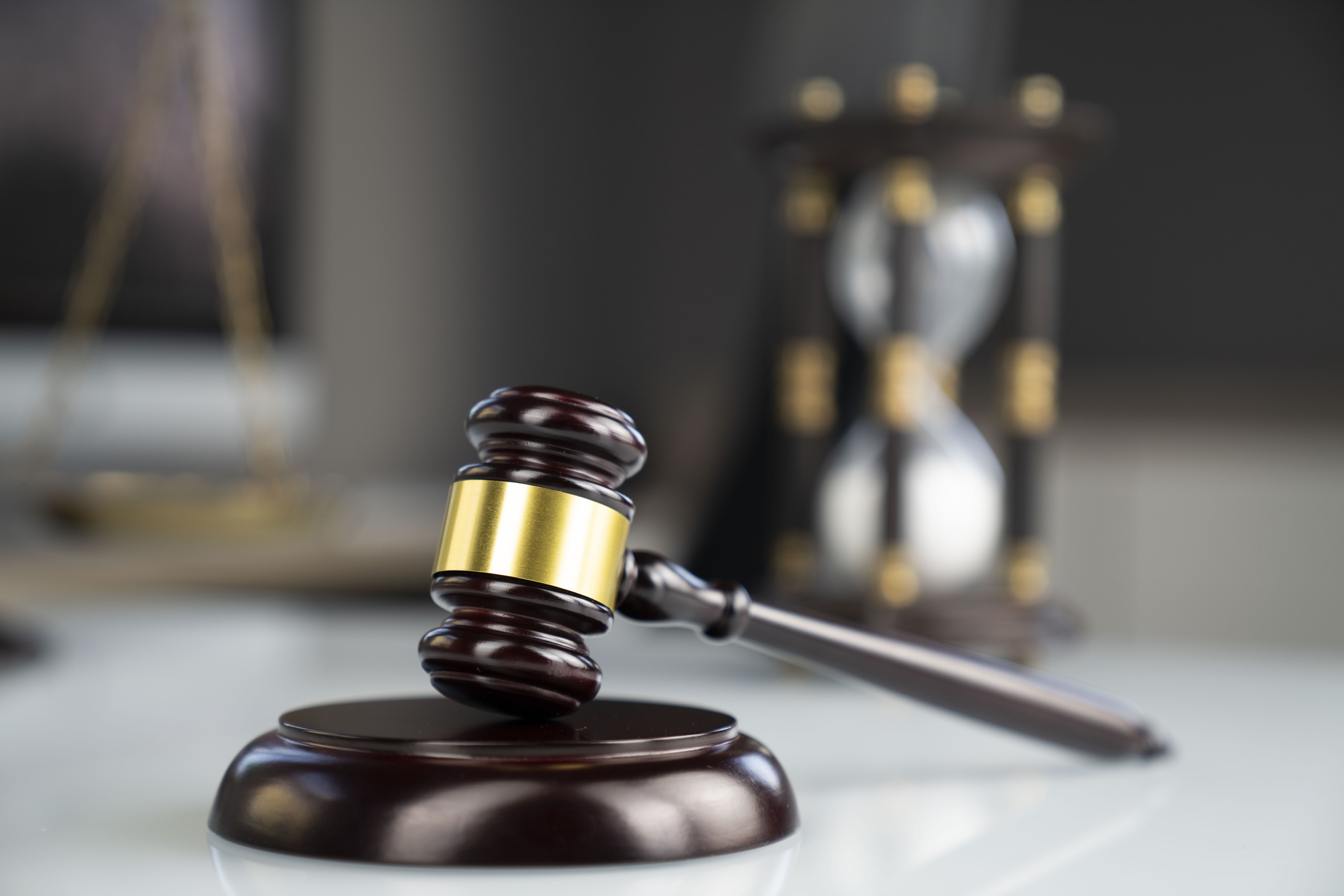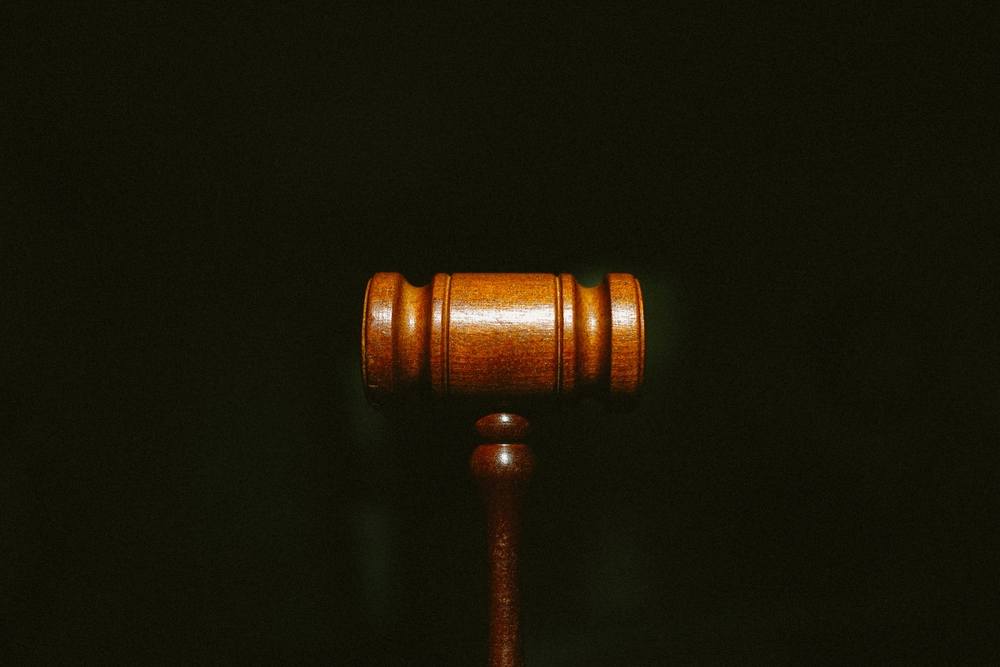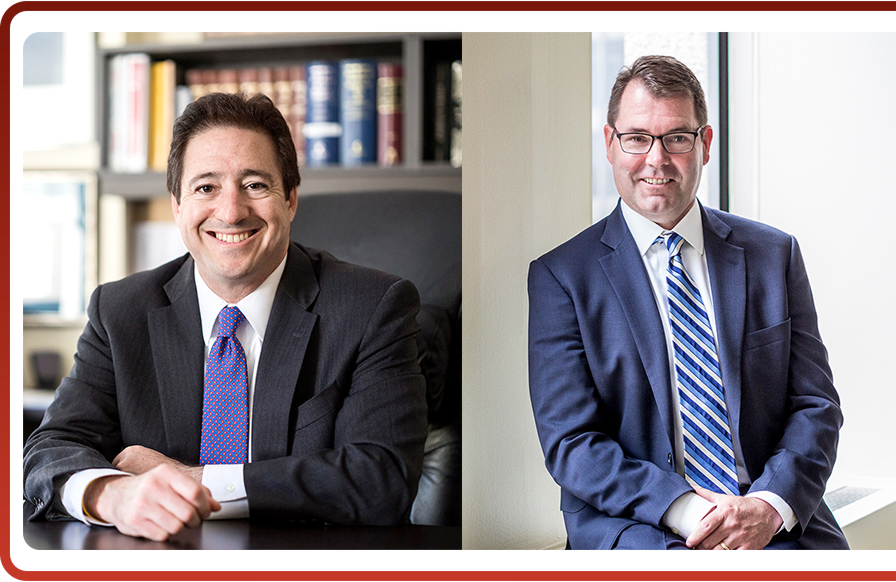
Most Common Reasons Nursing Home Resident Deaths Occur

According to national statistics, approximately 20 percent of all nursing home resident deaths are the result of falls. Although some of these falls may be unavoidable, many of these incidents are a result of negligence and never should have occurred. Each nursing home lawyer in Maryland from our law firm has handled numerous nursing home fall cases and has discovered some of the most common reasons why these preventable incidents occur.
Failure to Assess a Resident’s Risk for Falls
It is up to nursing home staff to conduct periodic assessments of a resident to determine if there are any issues that need special attention. This includes whether the resident has a high risk of falling. If a resident is deemed high risk, then it is up to the staff to make sure the resident is watched at all times, as well as assist the resident when they are getting out of bed, going to the bathroom, etc.
Staff Is Poorly Trained
When the staff at a nursing home are not properly trained and do not have the skills and experience necessary to care for and monitor nursing home residents who are at risk of falling, these incidents will happen, and residents will suffer injuries. Not having staff who know how to properly transfer a victim in and out of a wheelchair or bed or knowing which residents may be at high risk of falling, is clearly an act of negligence on the part of the facility.
Facility Suffers from Understaffing
A Maryland nursing home lawyer knows that an understaffed facility can be just as dangerous. Unfortunately, the turnover of employees at nursing homes is high and many facilities struggle from staff shortages. This leaves employees with more responsibilities, caring for more residents than they can possibly handle. Your loved one may not receive the care they need when corners are cut, and high-risk residents are left unattended.
Medication Errors
If a nursing home resident is given the wrong medication, is given the wrong dose, or does not receive their medication at all, the result can be dangerous for the resident. A medication error can lay the groundwork for a slip and fall accident. For example, if staff fail to give a resident a scheduled dose of a certain medication, the resident’s blood pressure could suddenly drop, causing the resident to feel dizzy and fall down.
Contact Our Firm Today
Abuse of the elderly is against the law and needs to be treated as such. If your loved one has been a victim of neglect or abuse – or if you suspect they are – contact Brown Kiely, LLP to find out how we may be able to help. A Maryland nursing home lawyer may be able to help your family report the abuse to the proper federal and state agencies and pursue compensation for the damages your loved one has suffered. Call our office today for a free and confidential consultation.







